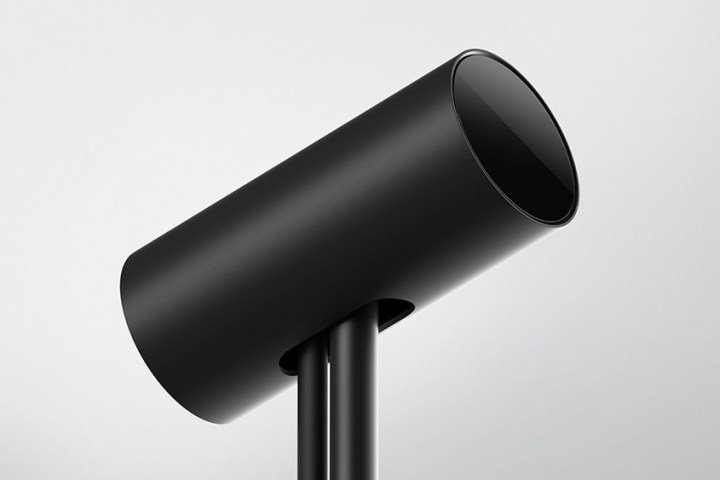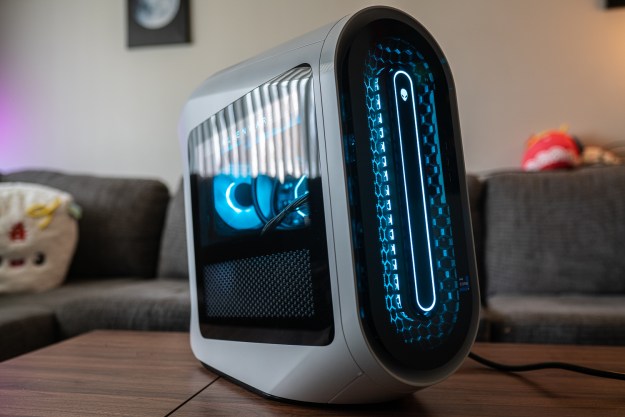
The most advanced of these sensors are those that provide what’s called “room-scale tracking,” meaning the ability for the VR system to keep track of where the user is located within larger spaces. Oculus offers additional sensor options that provide for tracking significantly larger rooms, but that solution has been running into some problems, as Road to VR reports.
The Oculus Rift was already at a disadvantage to its main competitor, the HTC Vive, since the latter has supported room-scale tracking out of the box with a pair of sensors, and arguably provides a stronger room-scale experience. Now, users are complaining of ongoing issues with room-scale tracking with the Oculus 1.11 update, with one Redditor posting a video demonstrating the issues.
The 1.11 update was intended to address room-scale tracking performance, which Oculus has kept in an experimental status. However, the update apparently has introduced more problems, a fact that Oculus acknowledged in a response on Reddit: “Thank you for sharing. We’re working on core software improvements that should hopefully address these issues. This is the top priority for the next two releases, including 1.12 which will ship this month. We’re determined to deliver rock solid robust tracking and appreciate all the feedback.”
While that’s not a terribly helpful response for users currently experiencing the room-scale tracking issues, it does provide some hope that the next couple of software revisions will help. While Oculus hasn’t been as excited about room-scale tracking generally for most VR users, at least the company remains committed to making it work for those users who find it an important part of the VR experience.
Editors' Recommendations
- The most common HTC Vive problems, and how to fix them
- How to build a cheap VR-ready PC
- Oculus Rift vs. HTC Vive
- Why confidence in VR is rising — and Oculus Quest is to thank
- Has Oculus Link let the Quest completely replace the Rift S?


